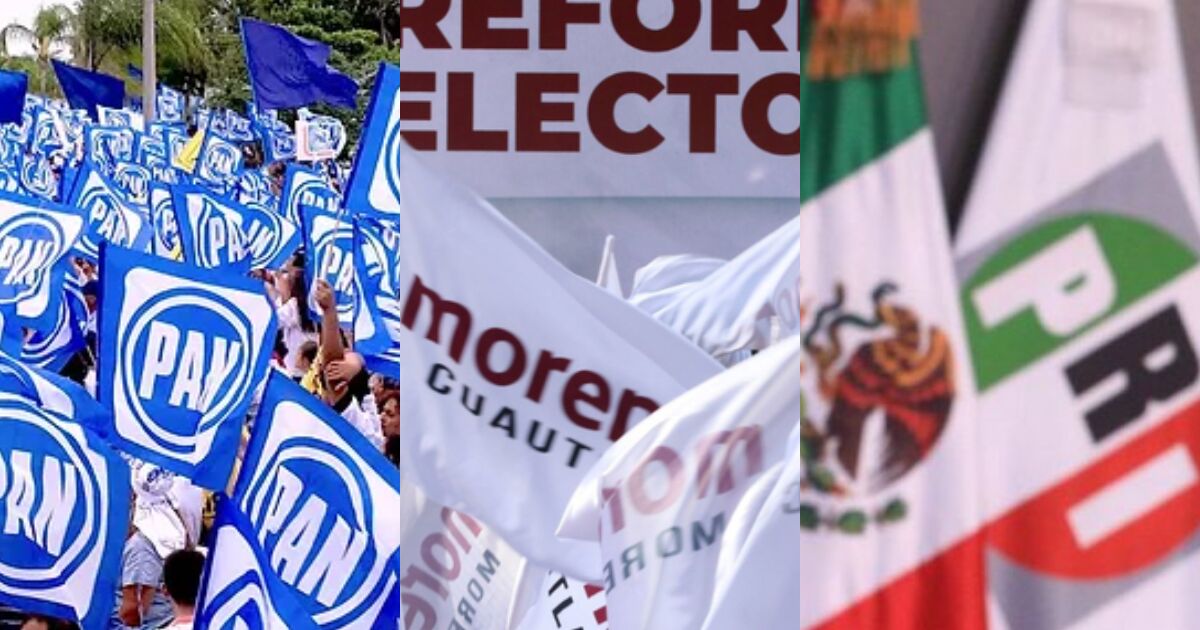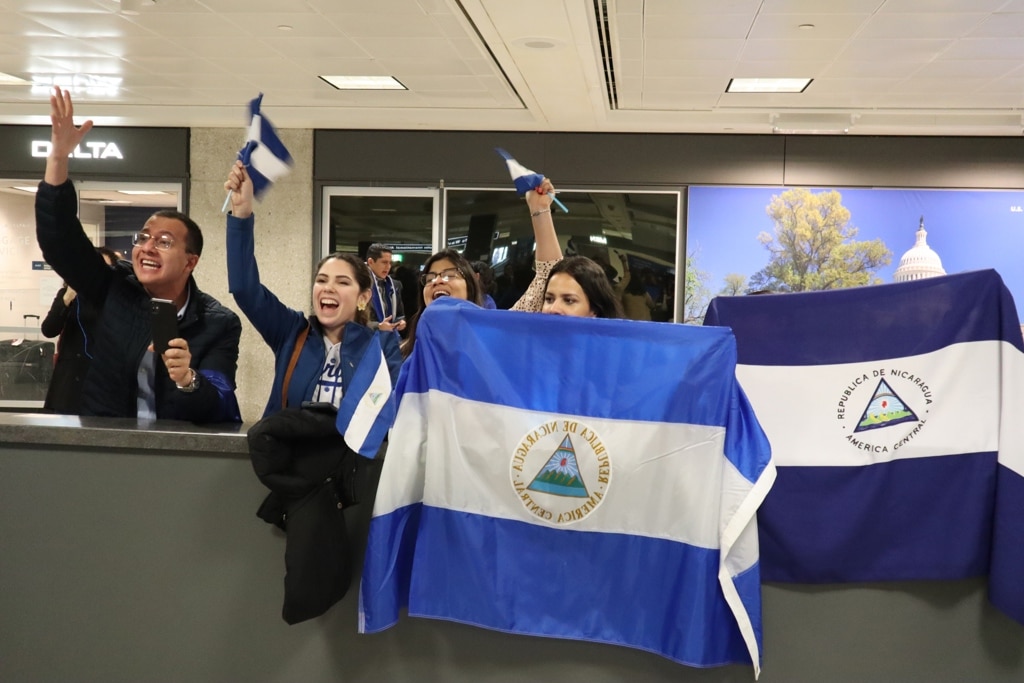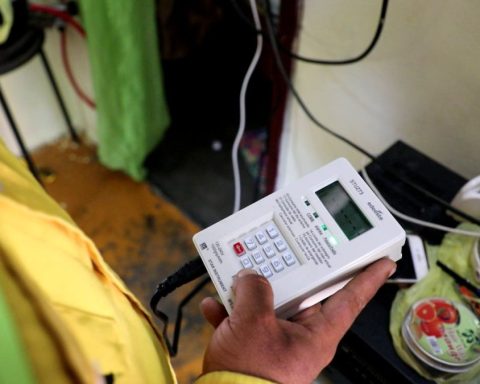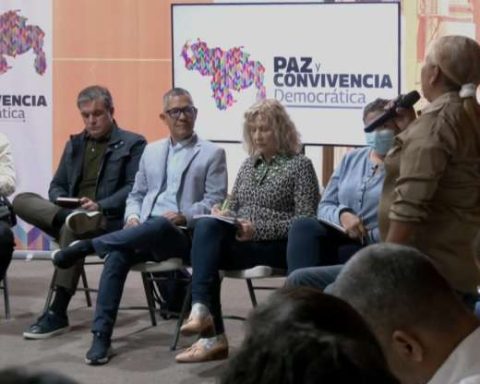Are they free of prohibitions by 2024?
The “new” concept of propaganda that excepts the “expressions of public servants” will not be applicable, for which reason these expressions are still prohibited during electoral processes.
This is because the Superior Chamber of the Electoral Tribunal of the Federal Judiciary (TEPJF), although it has not yet analyzed any case in light of the reforms to the Social Communication law, already issued a first statement in this regard when Morena tried set exactly that new interpretation, in 2022.
A year ago, in April, deputies from Morena and his allies approved an “authentic interpretation decree” on the concept of propaganda provided for in the General Law of Electoral Institutions and Procedures (Legipe) and in the Mandate Revocation Law to establish that “The expressions of public servants” do not constitute government propaganda.
But in November 2022, the TEPJF exercised the power granted by article 99 of the Constitution to disapply secondary laws when it considers that they are contrary to the Magna Carta, and resolved that the deputies did not clarify any concept, but sought to establish an exception and go beyond the Constitution.
For all these reasons, it declared it inapplicable to except the “expressions” of public servants as if they were not propaganda.
Can officials promote themselves on social networks?
It is prohibited in campaigns, since until now it had been considered electoral propaganda.
But given that this new concept of government propaganda was declared inapplicable by the Superior Chamber, on February 3 the Specialized Chamber of the TEPJF also did so, since the definition now included in the Communication Law “is identical to that determined by the Superior Chamber as contrary to the Constitution (…) the fact that it is retaken does not give it validity to be applied”.
If, in addition, political aspirations are disseminated in these messages on the social networks of public agencies, this is restricted, since the treasury is involved.
The TEPJF has also established limitations in the case of personal social networks, but only in the case of executive public servants (the president, governors or mayors), not federal or local legislators, who have had more freedom to promote themselves.
This is an example of the excesses of the Court, warns Vargas.
“Now any tweet unleashes an excessive reaction when the Constitution does not prohibit it,” he says.
“What happens is that the Court established that this violates the principles of neutrality and that is already excessive. There is a strategy to silence political figures and that is why it has gone to these extremes, but also in an incongruous way, legislators are allowed and those who occupy executive powers are not”, considers Vargas.
The reality, he explains, “is that there have been excesses on both sides. The Court and the INE wanting to silence public servants always, in all cases, the majority of Morena legislating against all the conditions of impartiality that he promoted in the past ”.

















